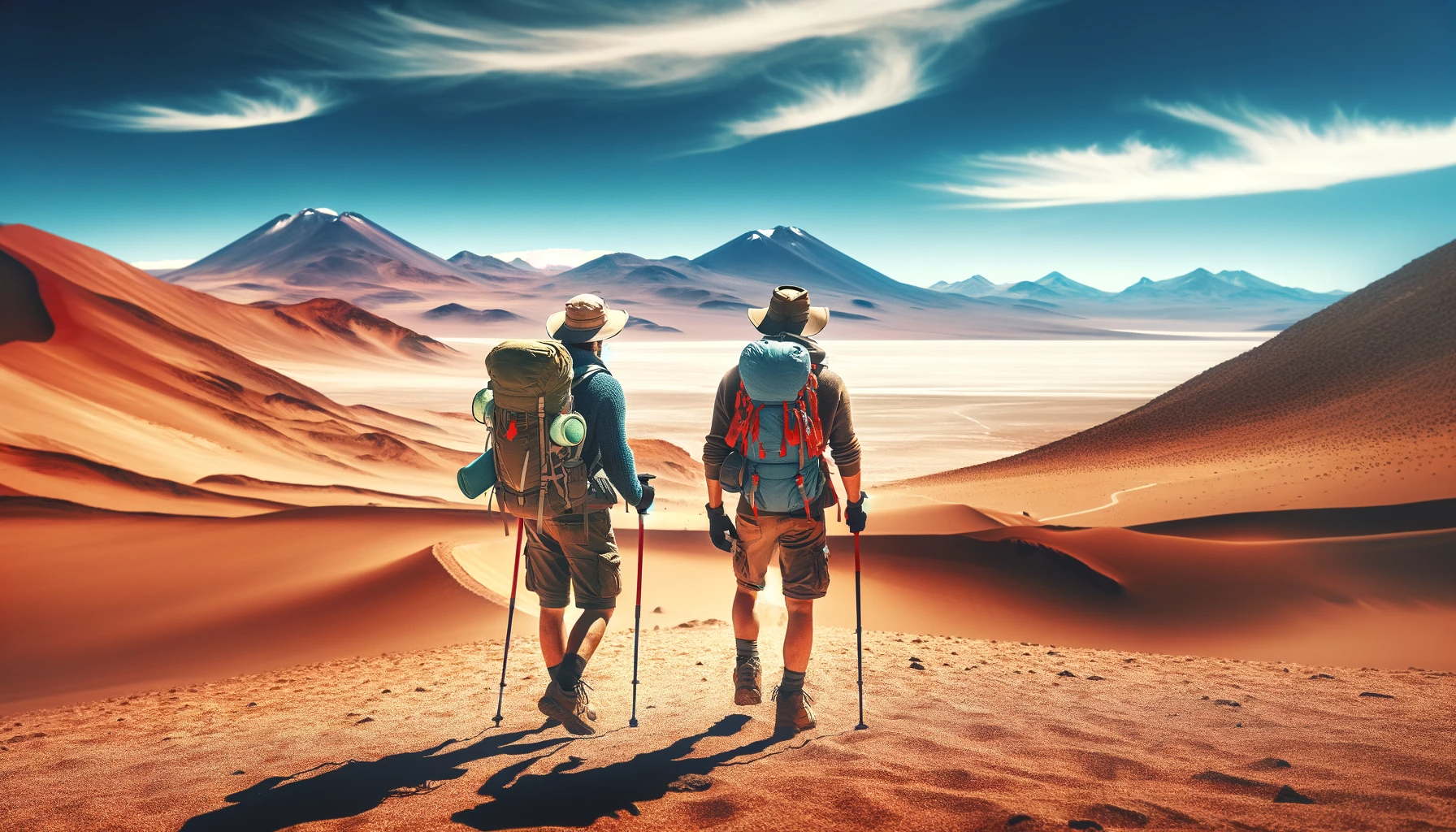List of National and Public Holidays in Bolivia for the year 2024
- New Year’s Day: Monday, 1 January 2024
- Plurinational State Day: Monday, 22 January 2024
- Carnival: Monday, 12 February 2024
- Carnival: Tuesday, 13 February 2024
- Good Friday: Friday, 29 March 2024
- Labour Day: Wednesday, 1 May 2024
- Corpus Christi: Thursday, 30 May 2024
- Aymara New Year: Friday, 21 June 2024
- National Day: Tuesday, 6 August 2024
- All Souls’ Day: Saturday, 2 November 2024
- Christmas Day: Wednesday, 25 December 2024
Facts and Infos about Bolivia

- Population: 10.1 million (UN, 2011)
- Capital: Sucre (official), La Paz (administrative)
- Largest city: Santa Cruz
- Area: 1.1 million sq km (424,164 sq miles)
- Money: 1 boliviano = 100 centavos
- Internet domain: .bo
- International dialling code: +591
History
- Pre-Columbian Era and Colonization: Inhabited for thousands of years by various indigenous cultures, including the Tiwanaku. The Spanish conquered the region in the 16th century, exploiting its silver mines.
- Independence and Turmoil: Gained independence in 1825, named after Simón Bolívar. The 19th and 20th centuries saw political instability, economic struggles, and territorial losses.
- 20th Century to Present: The mid-20th century brought significant social and political changes, including land reforms and resource nationalization. Recent history is marked by the presidency of Evo Morales, the first indigenous leader, and subsequent political upheavals.
Geography
- Diverse Landscapes: Landlocked in the heart of South America, Bolivia boasts diverse ecosystems, from the Andes Mountains to the Amazon Basin.
- Climate: Varies from tropical in the lowlands to polar in the high Andes.
- Natural Resources: Rich in minerals and natural gas, with unique landscapes like the Salar de Uyuni, the world’s largest salt flat.
Culture
- Ethnic Diversity: A multiethnic country with a majority indigenous population, including the Quechua and Aymara peoples.
- Traditions and Languages: Rich in traditional cultures, with Spanish and 36 indigenous languages officially recognized.
- Music and Dance: Known for Andean music and folk dances like the Morenada and Diablada, often showcased in festivals.
Economy
- Key Sectors: Economy largely based on agriculture, mining, and hydrocarbons. Major products include natural gas, silver, and soybeans.
- Economic Challenges: Despite natural resource wealth, Bolivia faces challenges in economic diversification and inequality.
- Social Policies: Recent efforts focus on poverty reduction, social welfare programs, and indigenous rights.
Politics
- Government Structure: A unitary presidential constitutional republic. The President is both the head of state and government.
- Political Landscape: Characterized by the movement towards socialism and indigenous rights, with significant influence from labor unions and rural communities.
- Recent Developments: Political landscape marked by social unrest and controversies around presidential terms and elections.
Society
- Demographics: A diverse population with a high percentage of indigenous peoples, a factor that significantly influences national culture and politics.
- Social Issues: Ongoing efforts to improve education, healthcare, and reduce poverty and inequality.
- Urbanization: Rapid urbanization with major cities like La Paz (administrative capital), Sucre (constitutional capital), and Santa Cruz.
Science and Technology
- Research Focus: Limited but growing focus on scientific research, particularly in biodiversity, agriculture, and environmental conservation.
- Technological Development: Increasing use of technology in urban areas, although rural regions still face challenges in access.
Arts and Literature
- Cultural Richness: A vibrant arts scene that includes traditional crafts, music, and literature, reflecting its diverse cultural heritage.
- Folklore and Festivals: Rich in folklore and cultural festivals, including the famous Carnival of Oruro, a UNESCO World Heritage event.
Sports
- Popular Sports: Football is the most popular sport. Bolivia has a national team and domestic league, with a passionate following.
- Other Activities: Traditional sports and festivals often include indigenous games and competitions.
International Relations
- Foreign Policy: Focuses on regional cooperation, anti-imperialism, and advocating for the rights of indigenous peoples globally.
- Membership: Active in international organizations, including the United Nations, Organization of American States, and ALBA (Bolivarian Alliance for the Peoples of Our America).
Challenges and Prospects
- Economic Stability and Growth: Focused on achieving sustainable economic growth, reducing dependency on raw material exports.
- Political Stability: Working towards greater political stability and effective governance.
- Environmental Sustainability: Balancing economic development with the conservation of its rich biodiversity and natural resources.

